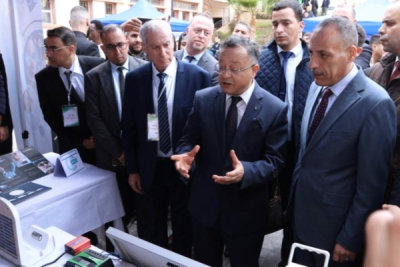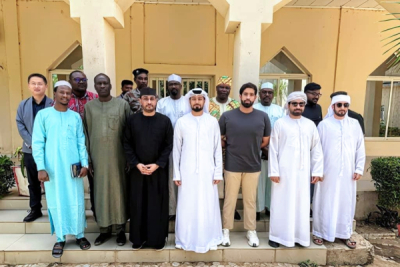Information and communications technologies have become vital tools in every sector nowadays. From democratized internet to digitized networks, they all have their importance and are strong allies in the transformation of economies. Burundi wants to capitalize on those technologies to efficiently implement its 2018-2027 national development plan.
Burundi will soon kick off the digitization of its public services. For that purpose, last Thursday, August 29, it signed a US$50 million financing agreement with the World Bank. The agreement was signed by the Minister of Finance, Domitien Ndihokubwayo (photo, left), and the World Bank's Resident Representative in Burundi, Hawa Cissé Wagué (photo, right).
According to Minister Domitien Ndihokubwayo, the agreement is an opportunity for the government to raise additional resources to dedicate to its e-government ambitions, allowing the achievement of planned development projects.
This funding will allow the country to install high-speed Internet connections, digitize its education sector, provide an internet connection to rural populations and improve public services. It will also enable the government to provide basic computer training to women and the less privileged.
According to the World Bank, Burundi has an excellent national ICT development policy but the institutions tasked with the implementation of that policy lack the capacity to do so. To date, only a few of the set targets have been achieved. The 5-year program funded by the World Bank financing aims to address the situation. The first project the government wants to implement for that purpose is the elaboration of a legal personal data protection framework.
According to the World Bank representative in Burundi, this project will support the government in the implementation of its digital vision defined in the 2018-2027 National Development Plan, which aims to transform Burundi’s economy.
Samira Njoya



















